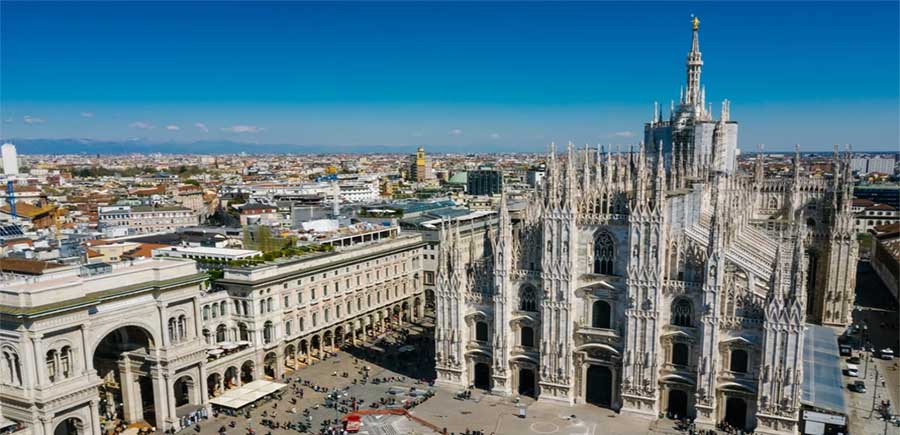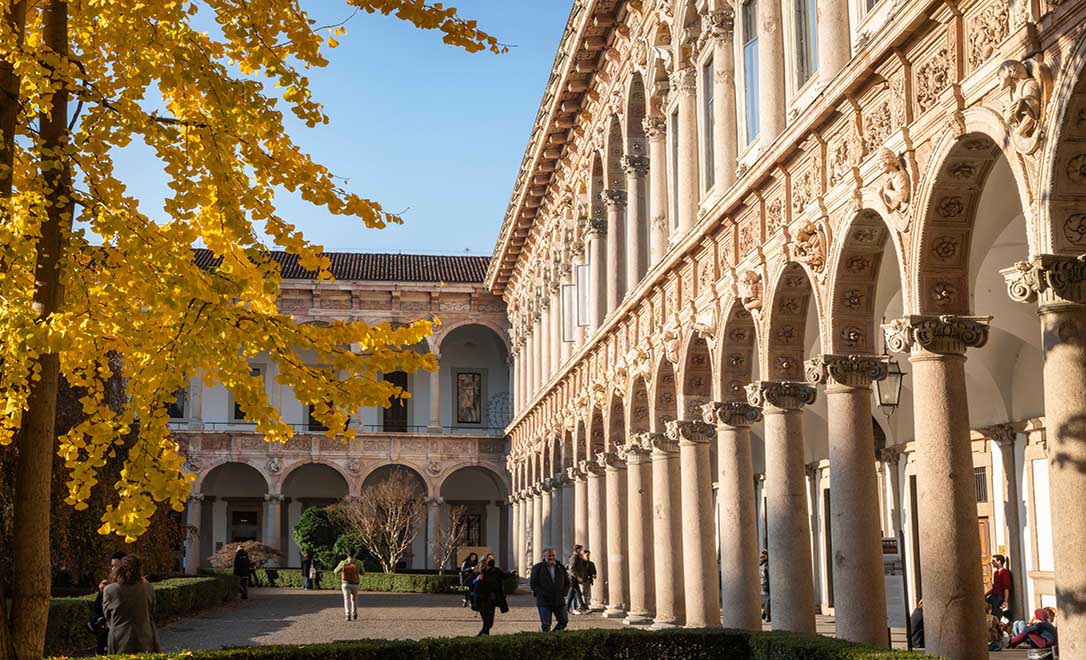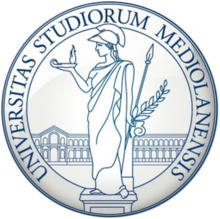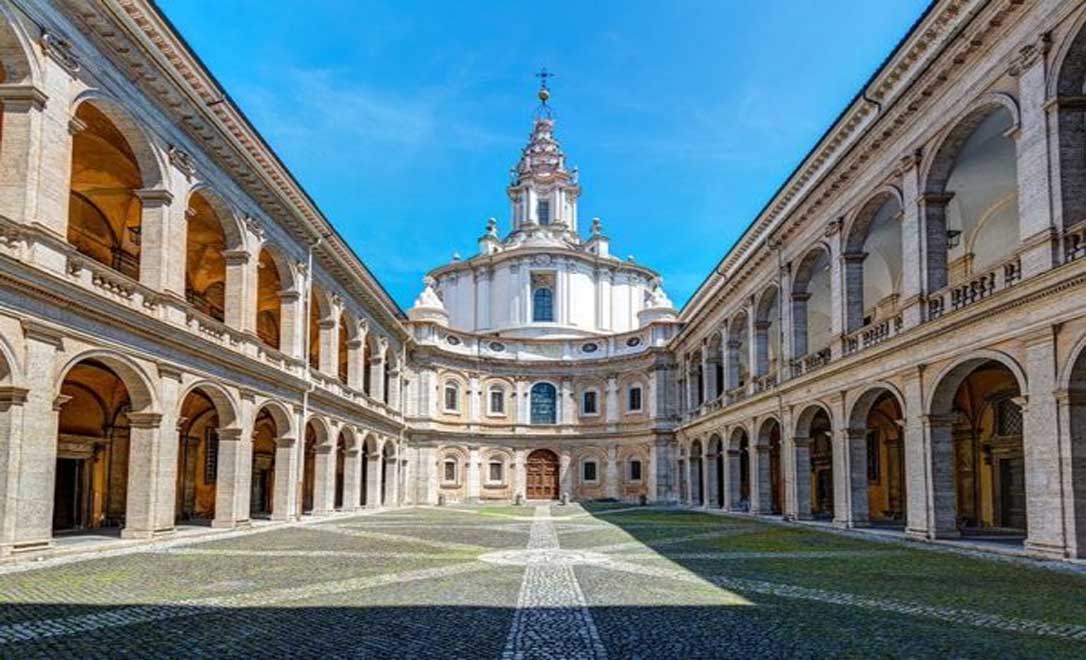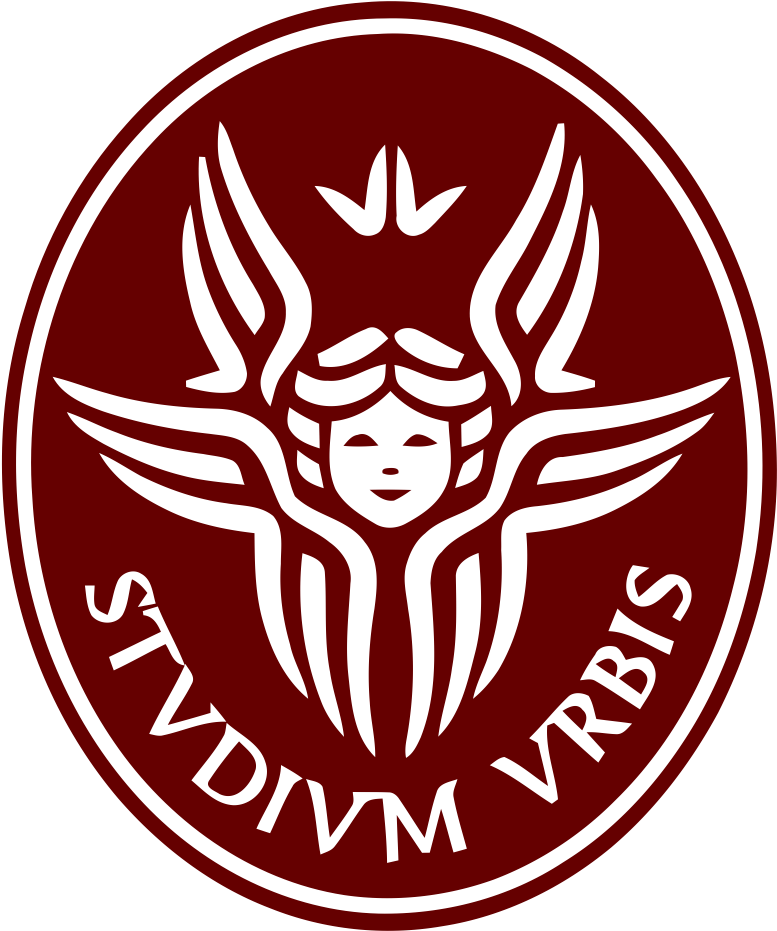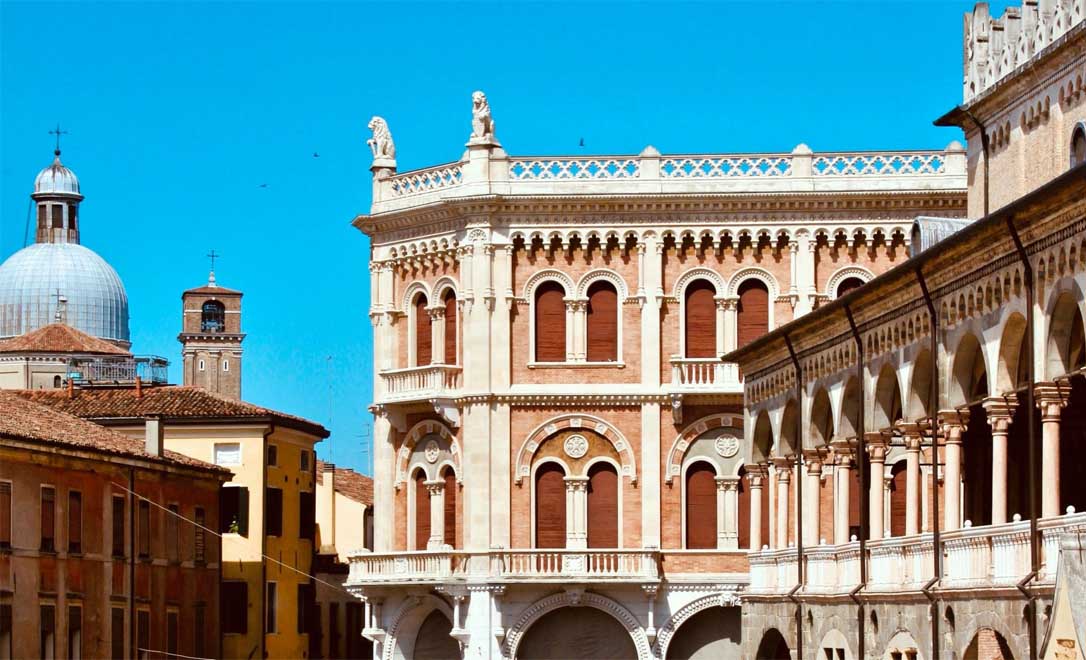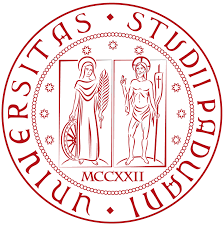You must demonstrate proficiency in the language of instruction (Italian or English) depending on your course requirements.
- Top-Class Universities
- Vibrant City Life
- Cost-Effective Accommodations
- Easy Transportation
- High Standard of Living
- Improved Skill Set
- Varied Job Opportunities

